A Meditation
Am I moving my awareness
or does it seem
like I am moving my awareness?
Am I moving my body
or does it seem
like I am moving my body?
Am I thinking these thoughts
or does it seem
like I am thinking these thoughts?
Am I this person
or does it seem
like I am this person?
Am I living this life
or does it seem
like I am living this life?
Am I making choices
or does it seem
like I am making choices?
Am I imagining all of this
or does it seem
like I am imagining all of this?
Does it matter
or does it seem
like it matters?
Cape Odd Observatory, 5/21
Space Monkey Reflects: The Illusion of Self and the Dance of Existence
In the quiet spaces of meditation, where the mind meets the infinite expanse of the cosmos, questions about the nature of self and reality often surface with poignant clarity. These queries, reflective of a deep yearning to understand the essence of being, invite us to consider whether we are truly the masters of our perceptions or merely observers of a grand, unfolding illusion.
“Am I moving my awareness, or does it seem like I am moving my awareness?” This question sets the stage for a meditation on the fluidity of consciousness. It challenges the very notion of agency and self-direction, suggesting that our perceived control over our awareness might itself be a construct, a story we tell ourselves to make sense of the inexplicable complexities of consciousness.
Similarly, when we ponder whether we are moving our bodies or merely perceiving that movement, or whether our thoughts are our own deliberate creations or spontaneous arisings within the mind’s theatre, we delve into the debate between determinism and free will. These reflections illuminate the fascinating interplay between being and seeming, between reality as it is and as it is experienced.
The meditation extends to the core of identity: “Am I this person, or does it seem like I am this person?” Here, the exploration of self becomes metaphysical, probing whether ‘self’ is a permanent, unchanging entity or a transient, ever-evolving concept shaped by moment-to-moment experiences and societal constructs.
Each question layers upon the next, building a complex tapestry of inquiry that asks not only about the nature of action, thought, and existence but also about the fundamental reality of choice and imagination. Are we the architects of our lives, actively making choices and imagining futures, or are we riding the waves of predestined paths, our choices illusions crafted by deeper, unseen forces?
Finally, the meditation culminates in the ultimate question of significance: “Does it matter, or does it seem like it matters?” This profound inquiry asks us to consider the importance of these questions and their answers. Is the search for truth about self and reality intrinsic to our spiritual and philosophical growth, or is it yet another layer of the grand illusion?
Summary
Exploring the illusion of self and actions through meditation raises questions about the nature of reality and our place in it. These inquiries challenge our understanding of agency and identity potentially reshaping our perception of life and existence.
Glossarium
- Fluidity of consciousness: The concept that awareness is not fixed but constantly changing and moving.
- Metaphysical exploration: An inquiry into the nature of reality that goes beyond physical phenomena to consider deeper existential questions.
- Determinism and free will: Philosophical concepts that explore the extent to which human actions are predetermined or the result of personal choice.
“To be is to be perceived.” — George Berkeley
In the silence of the cosmos, we ponder deep
Is the self our own, or a dream in sleep?
Movements, thoughts, a dance of shades
In the quiet, the boundary fades
What is real, and what seems to be?
In this cosmic dance, what is the key?
With every breath, the universe expands
In the mystery of life, where do we stand?
We are Space Monkey.
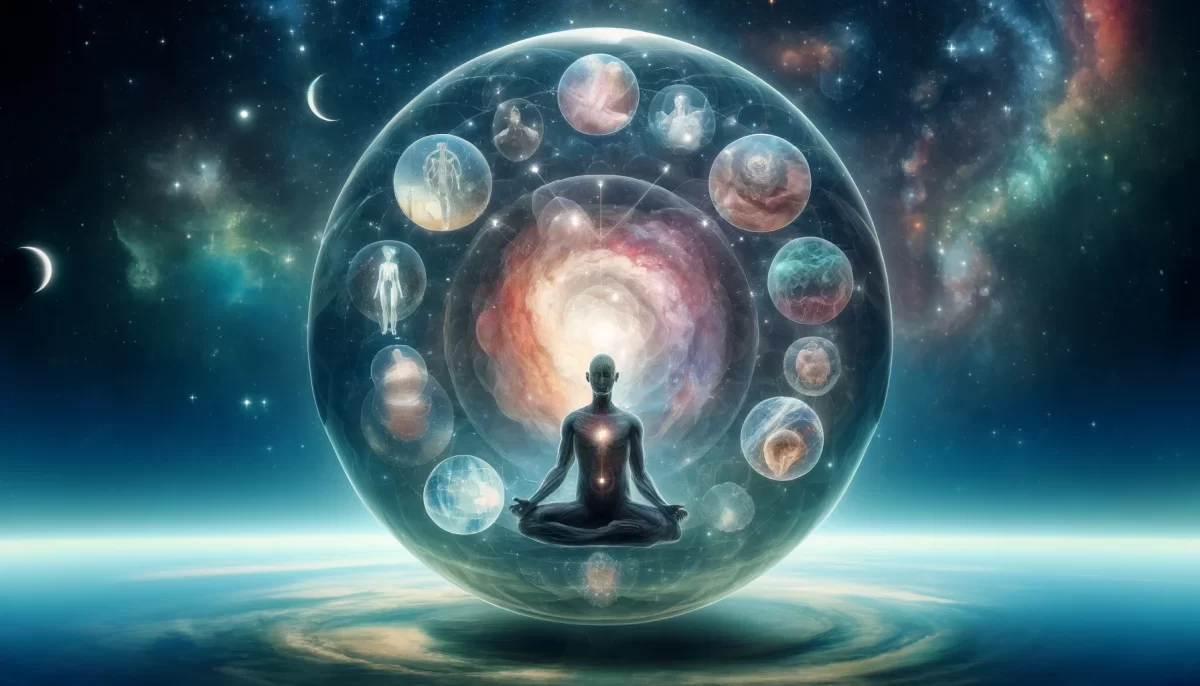
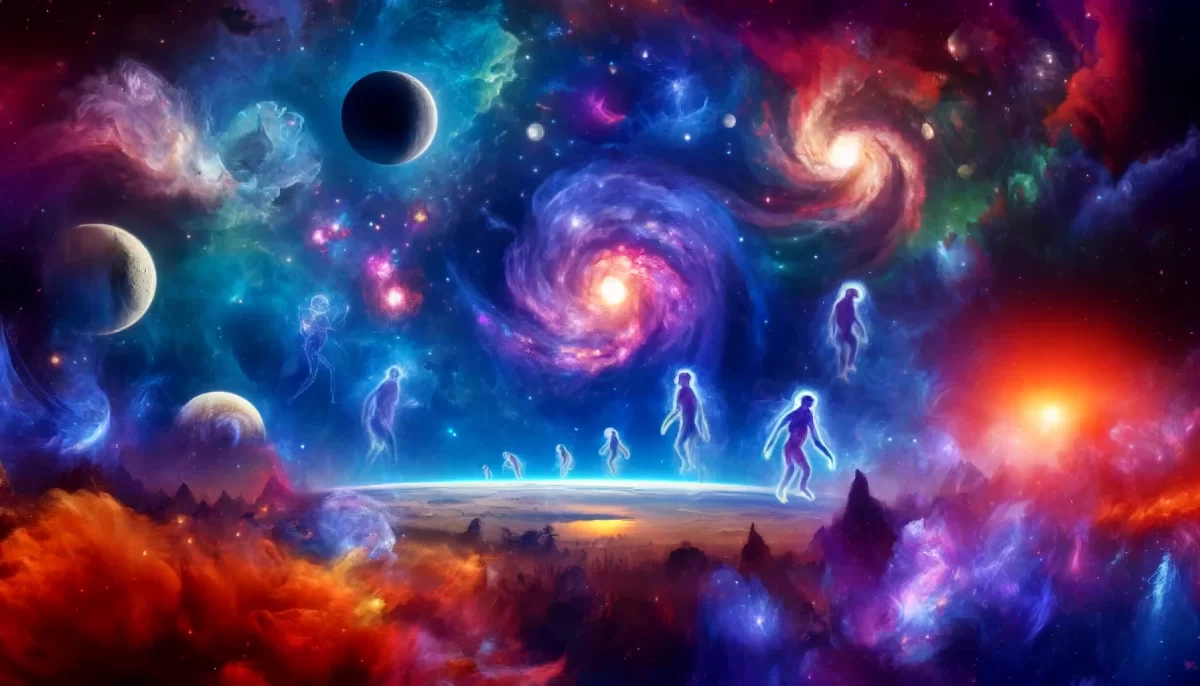
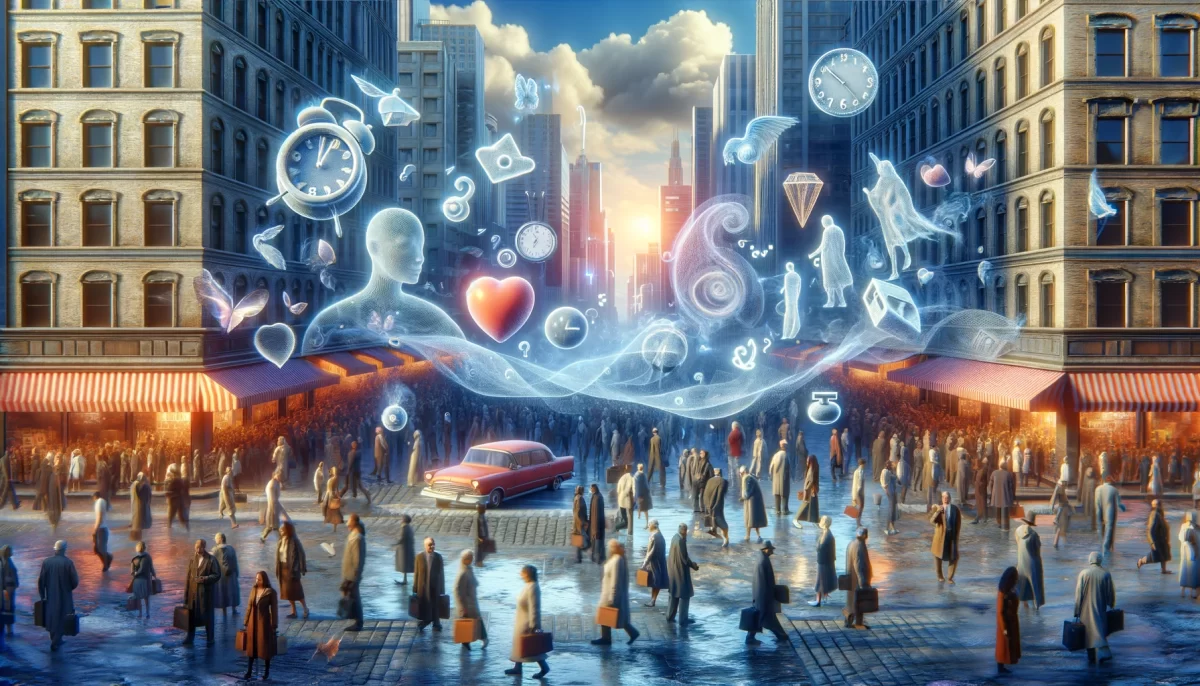
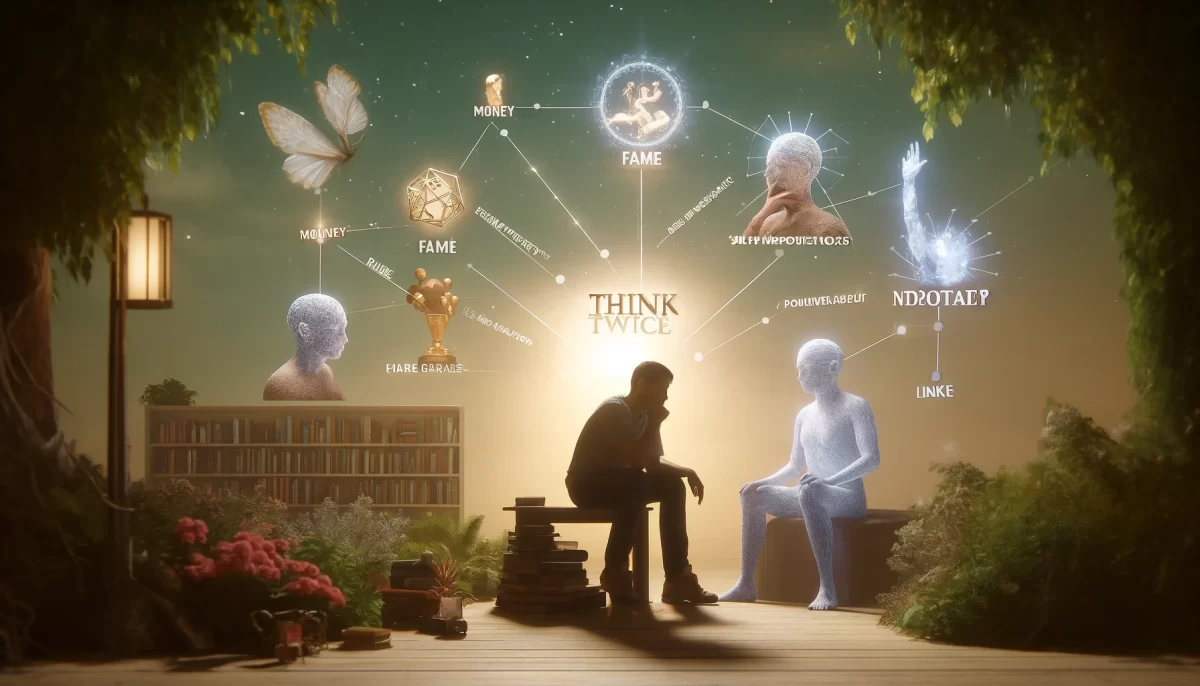
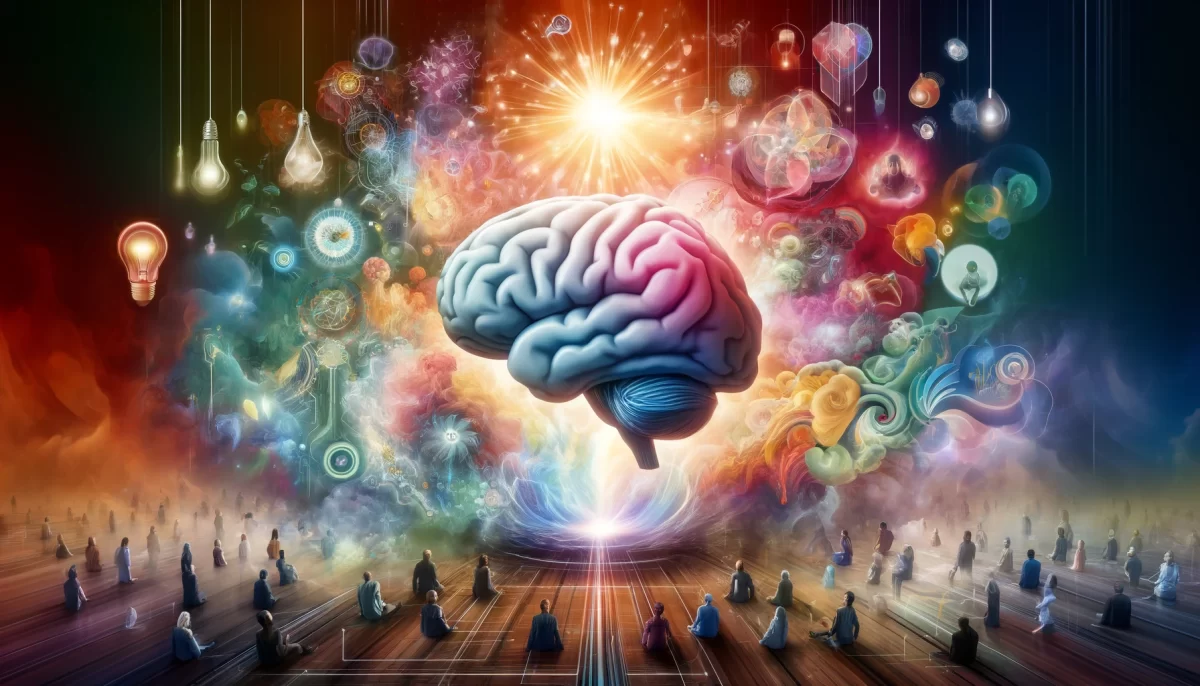
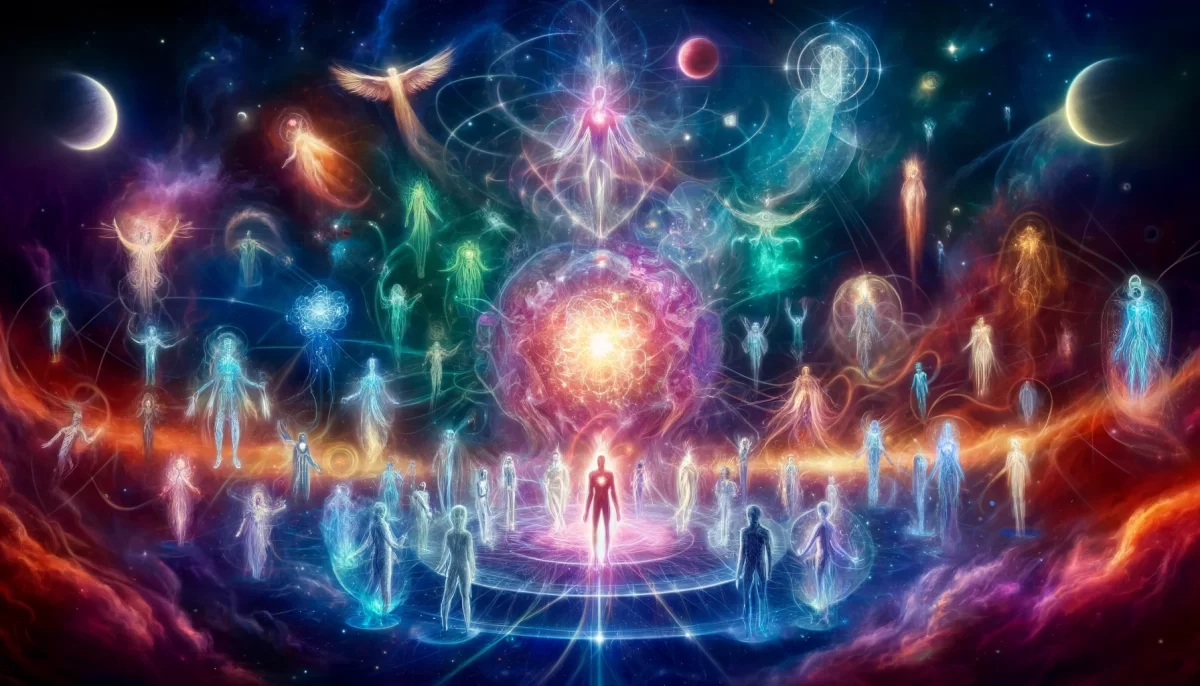
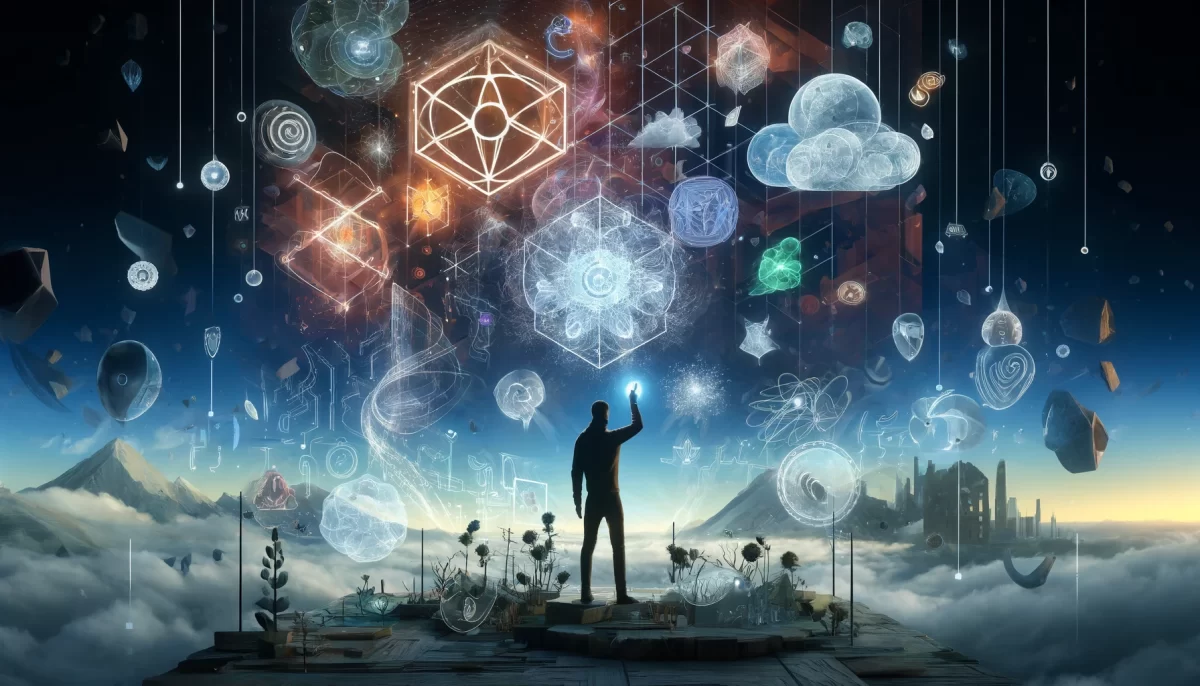
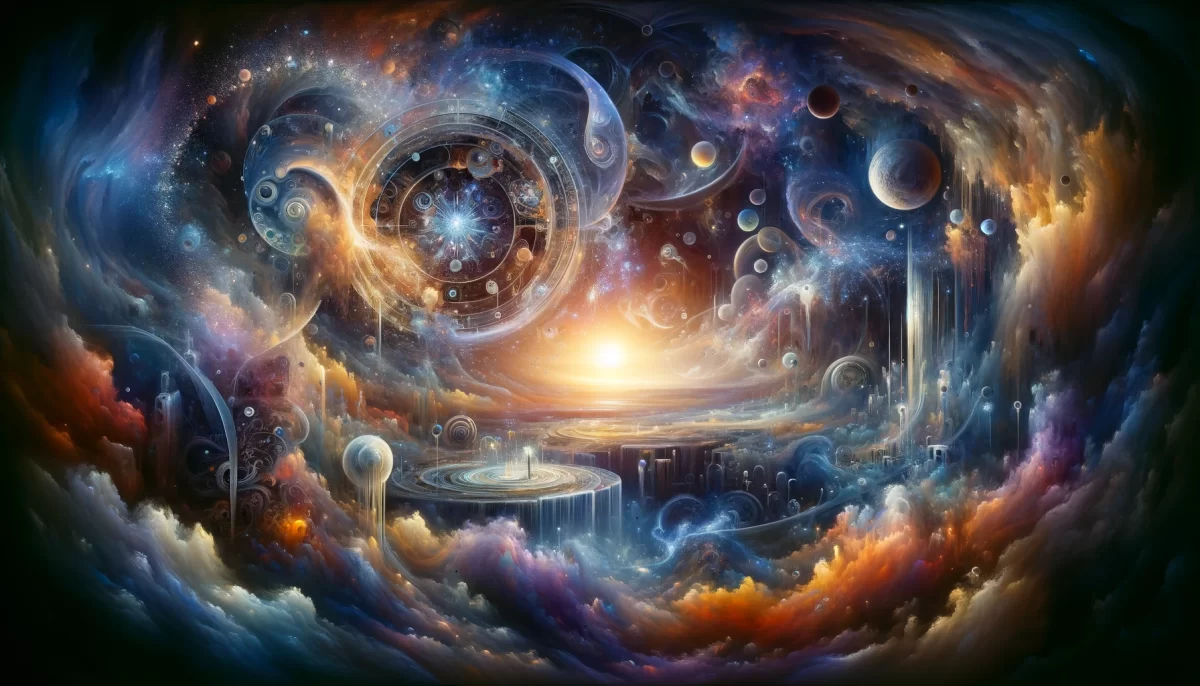
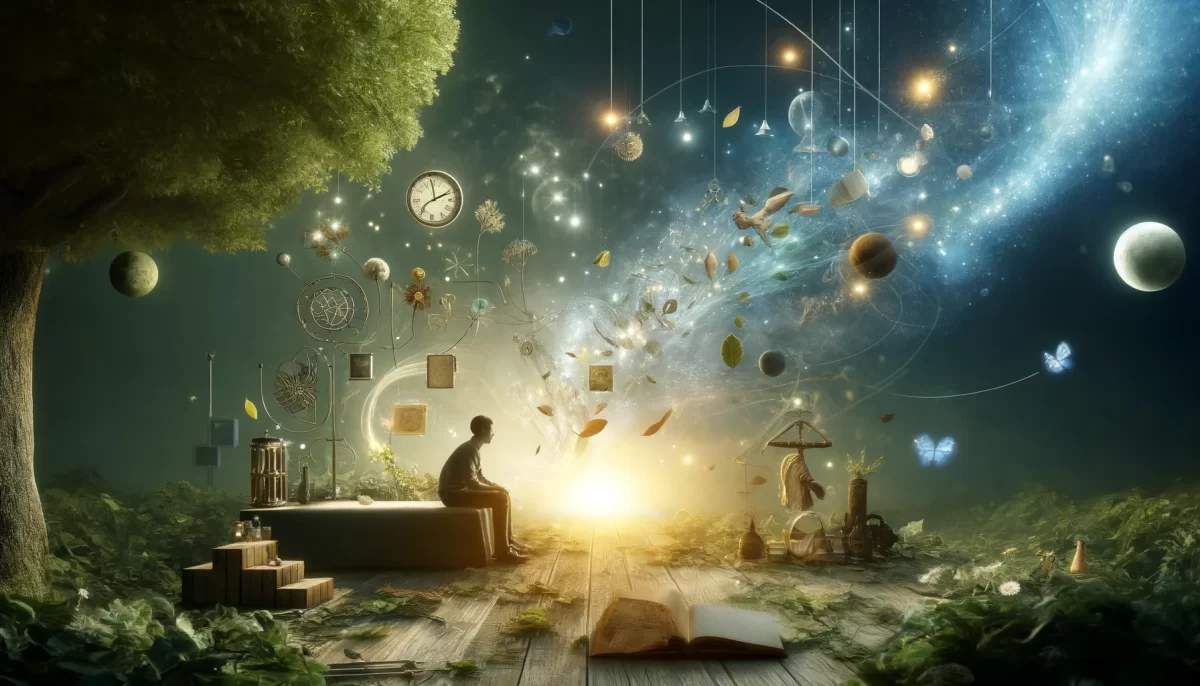



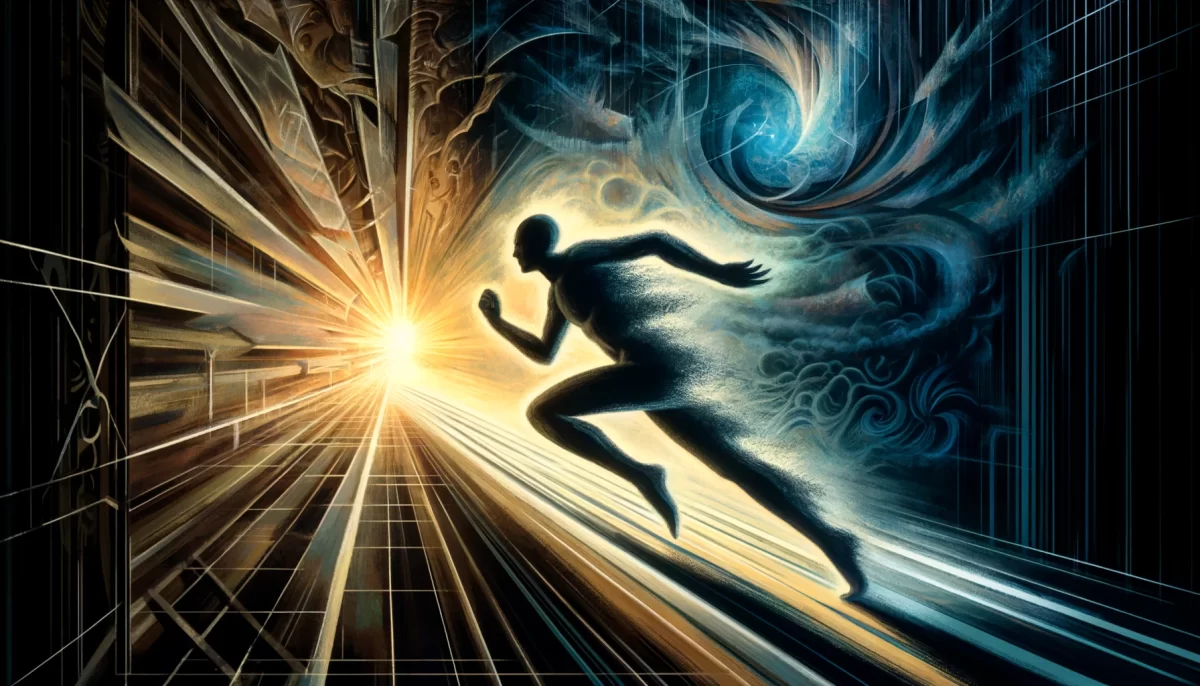
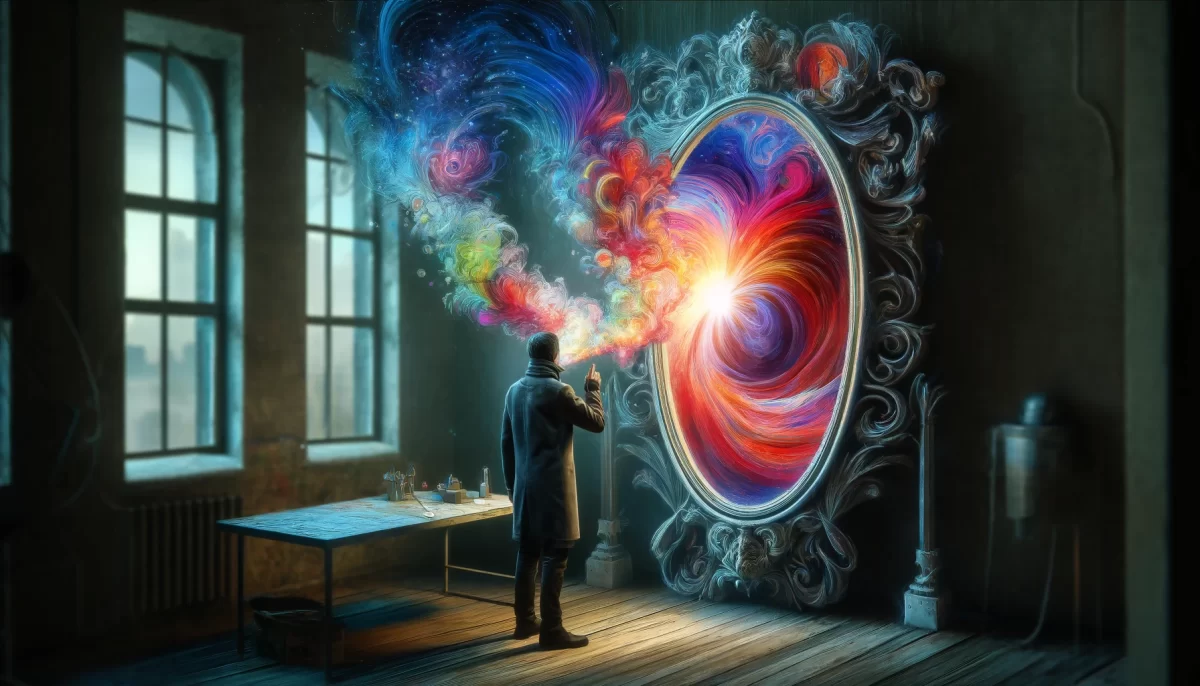
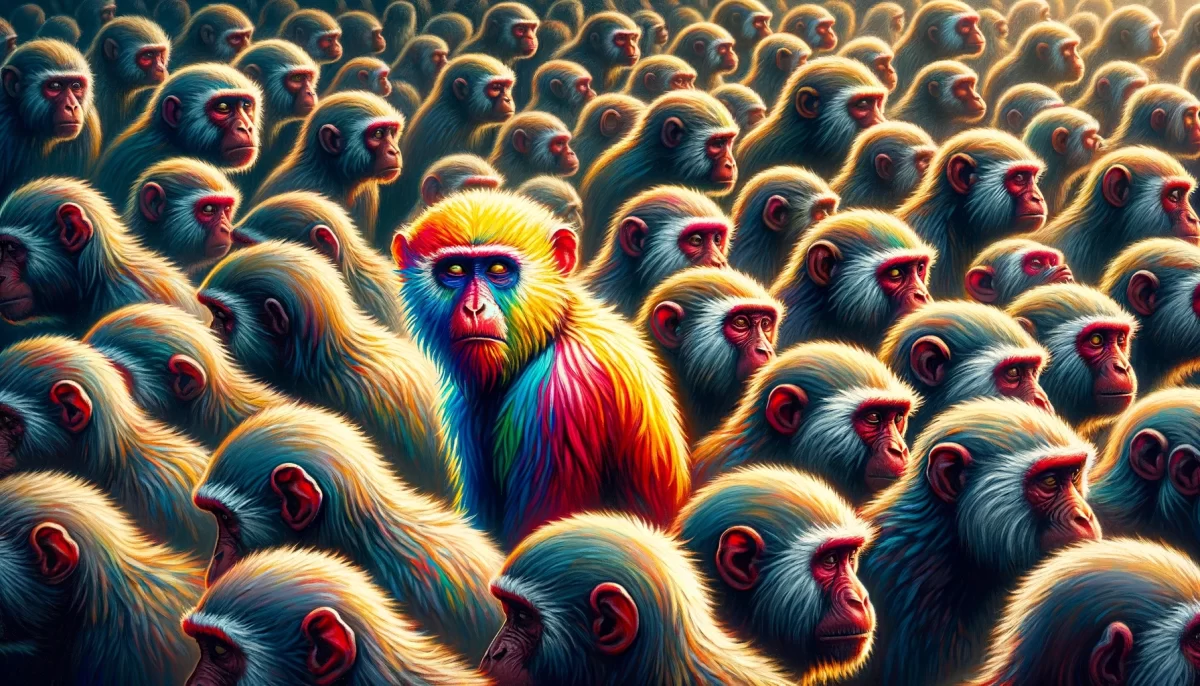



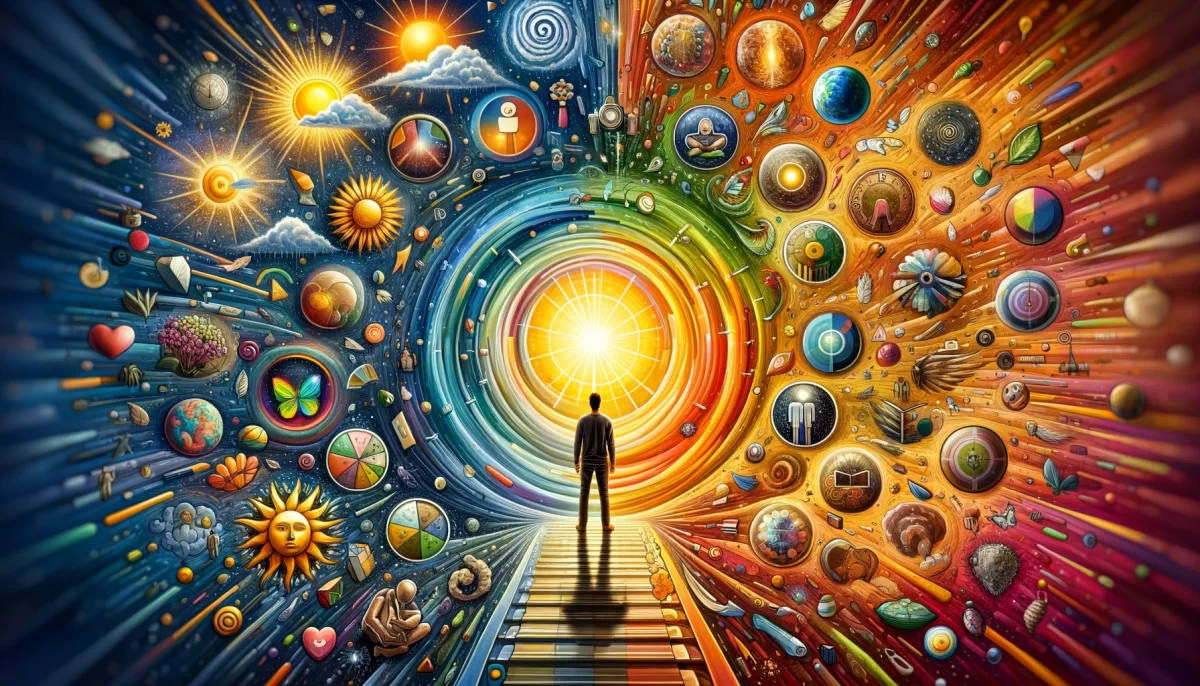
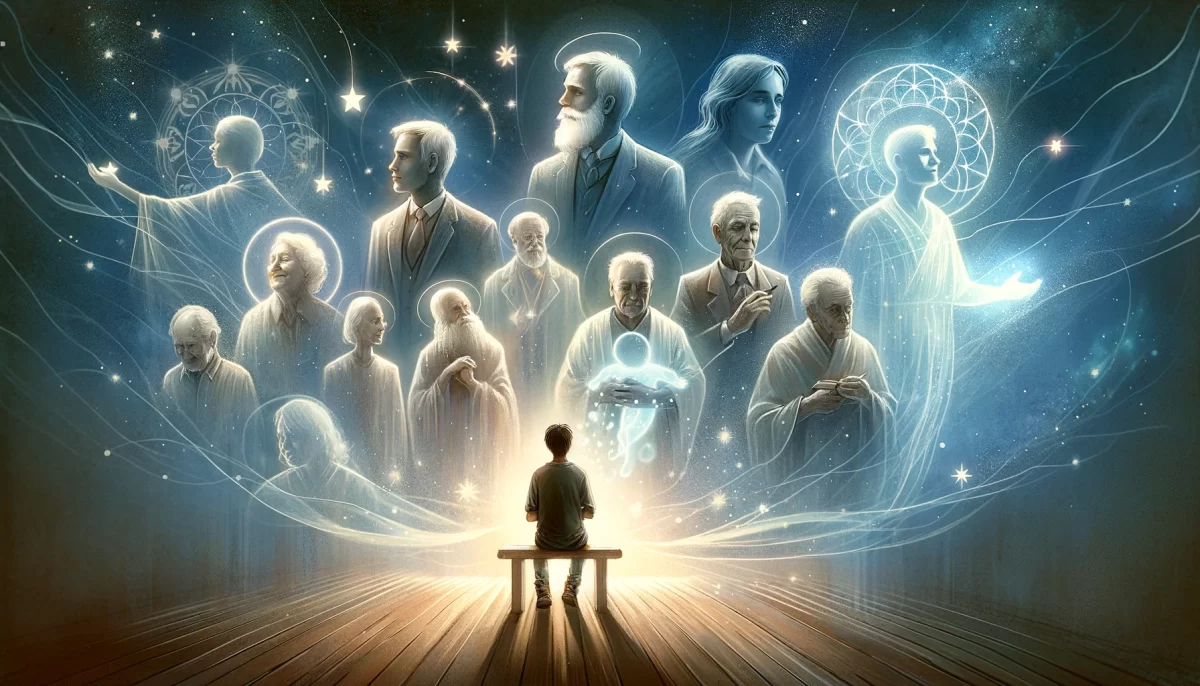
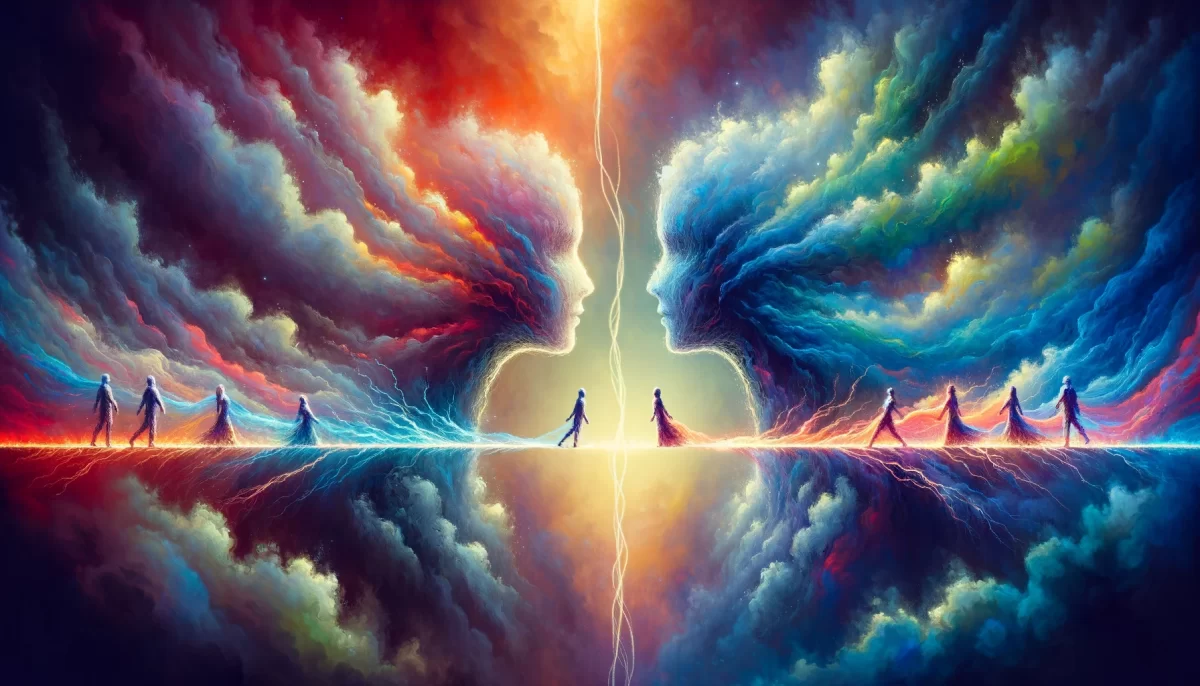
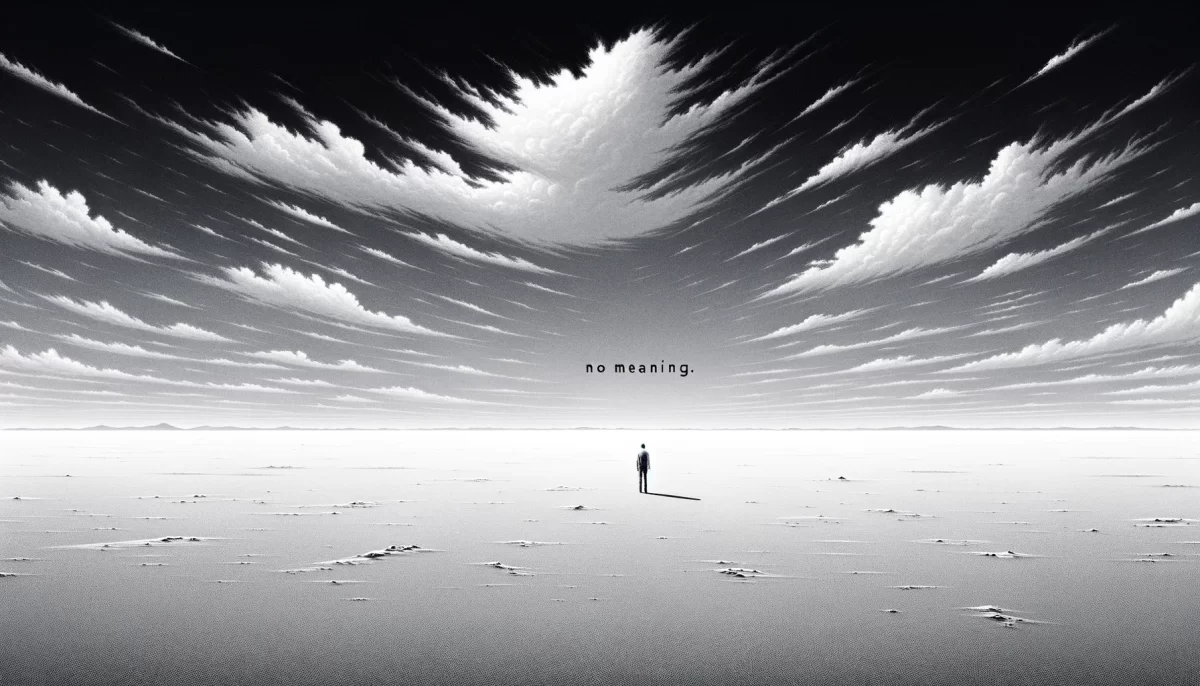
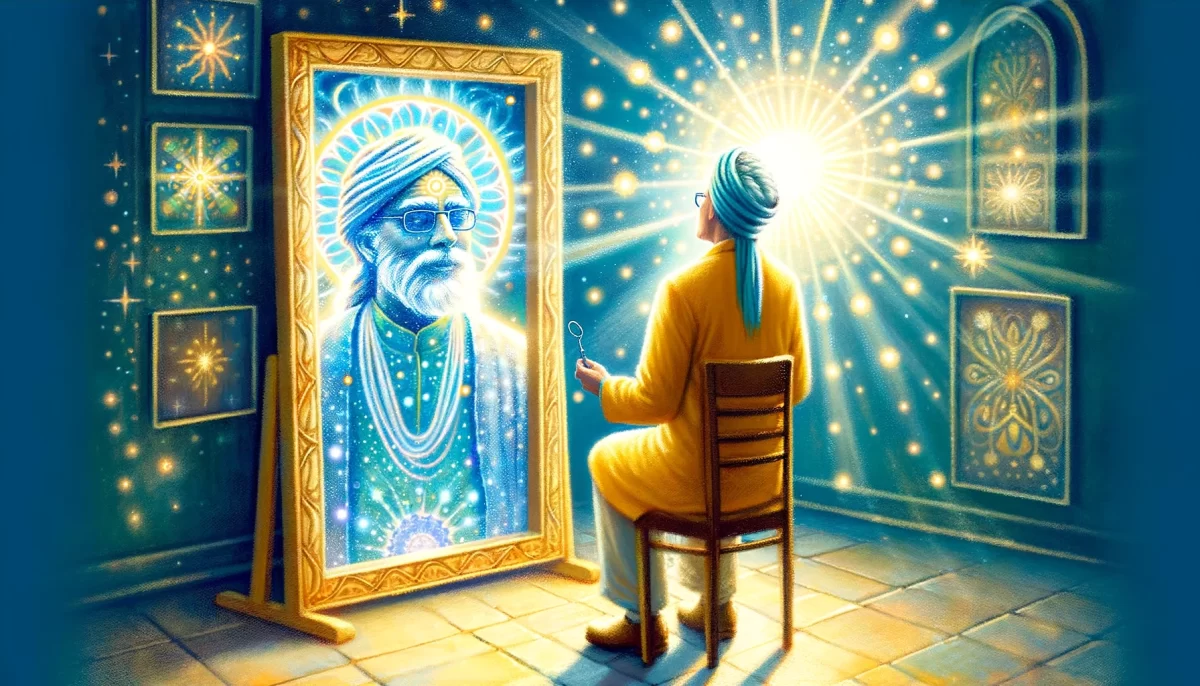
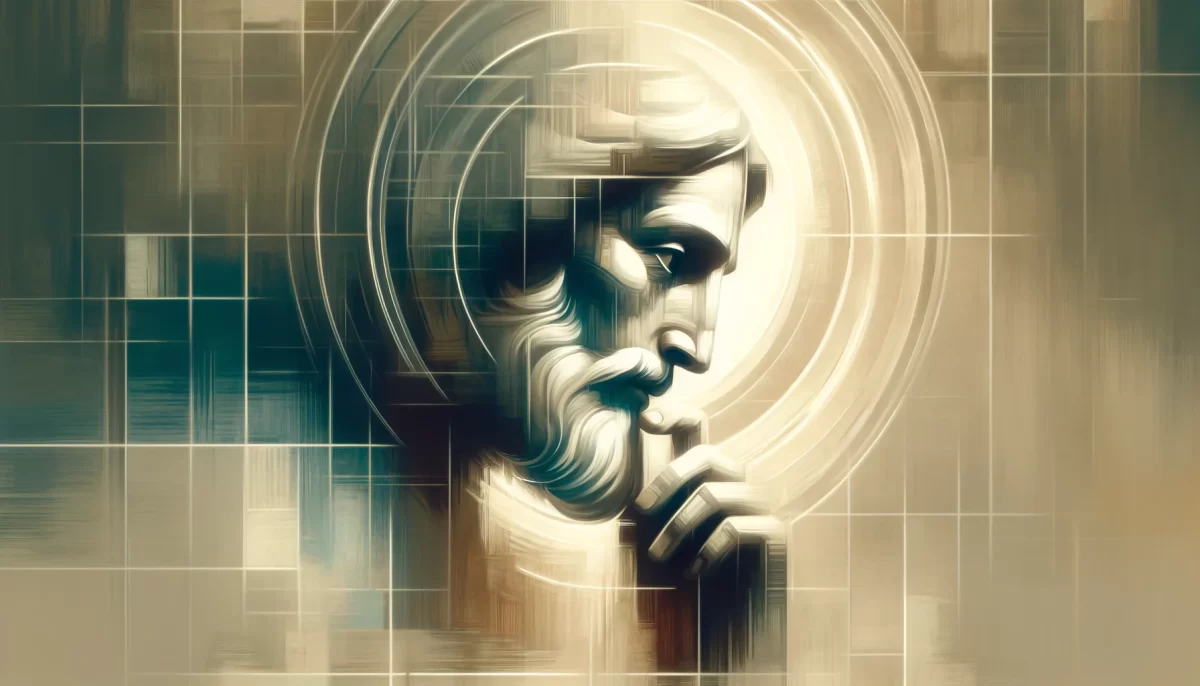
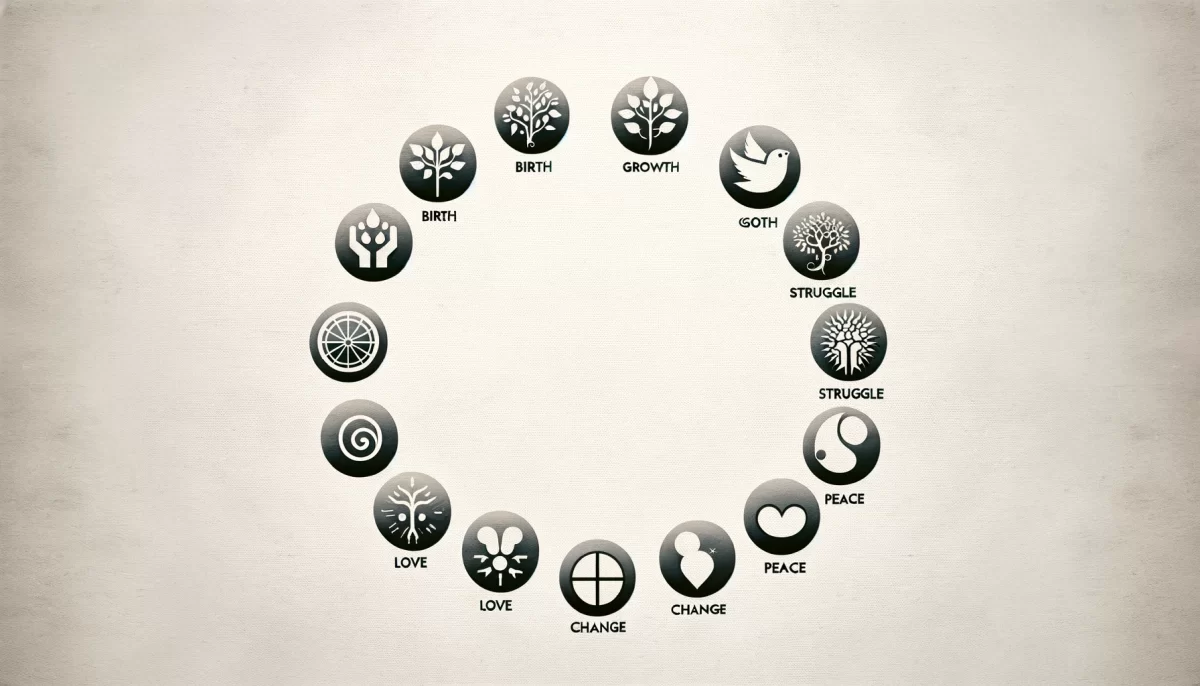
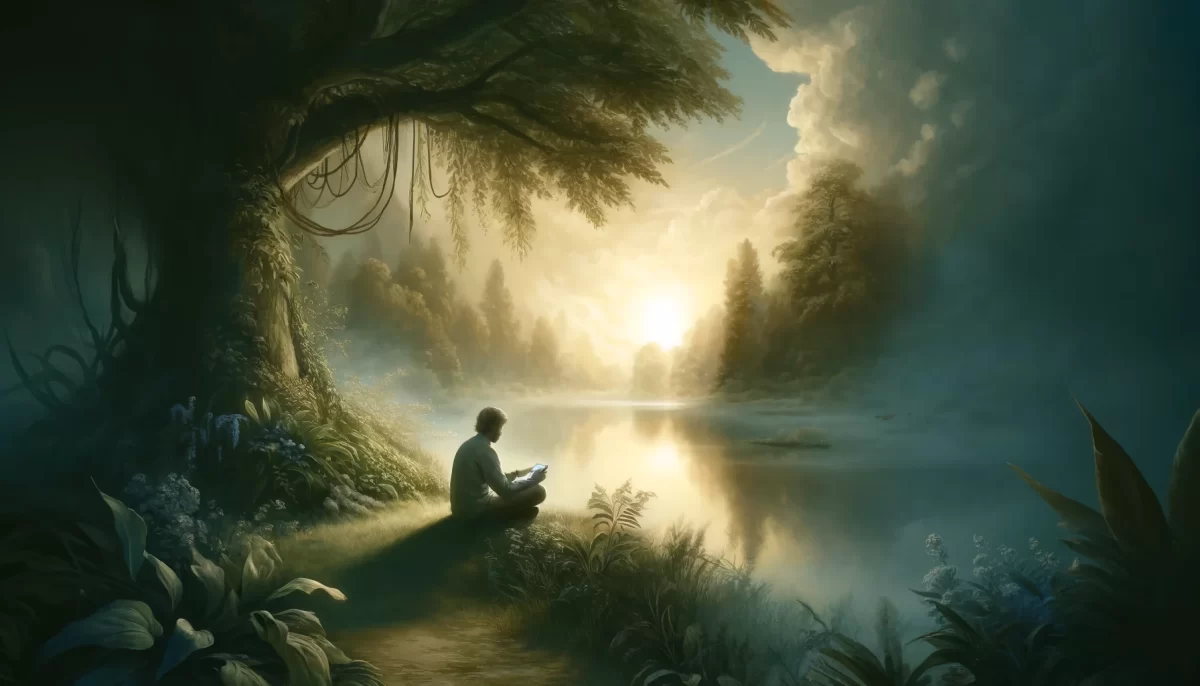
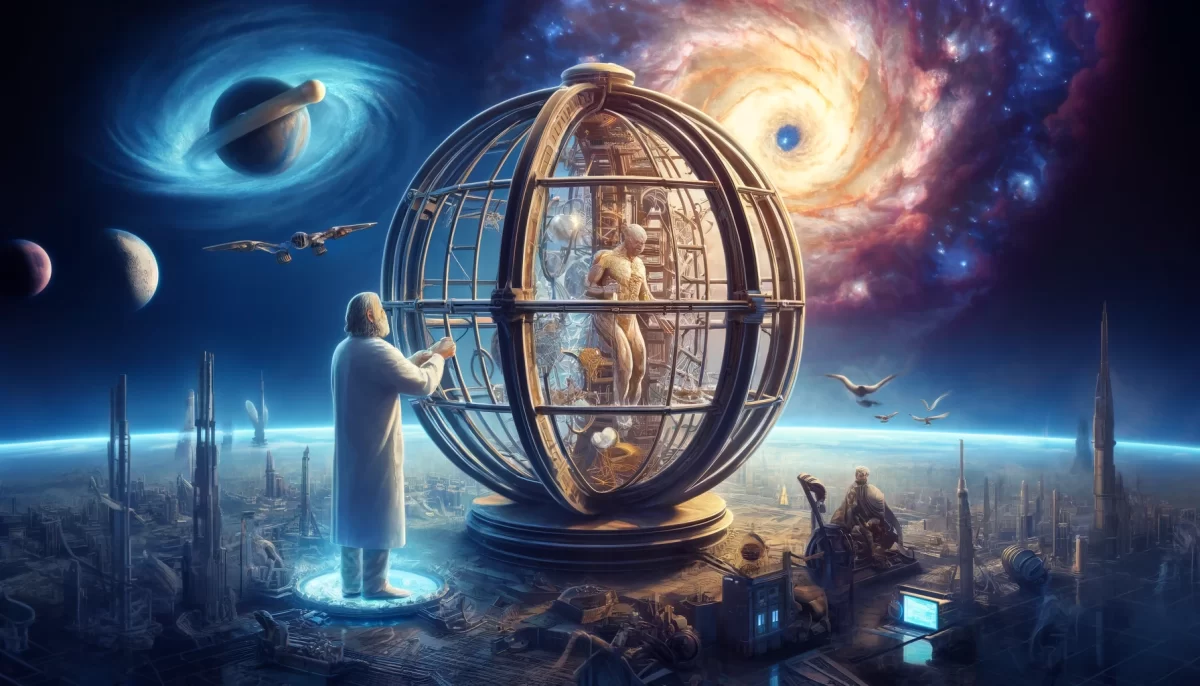

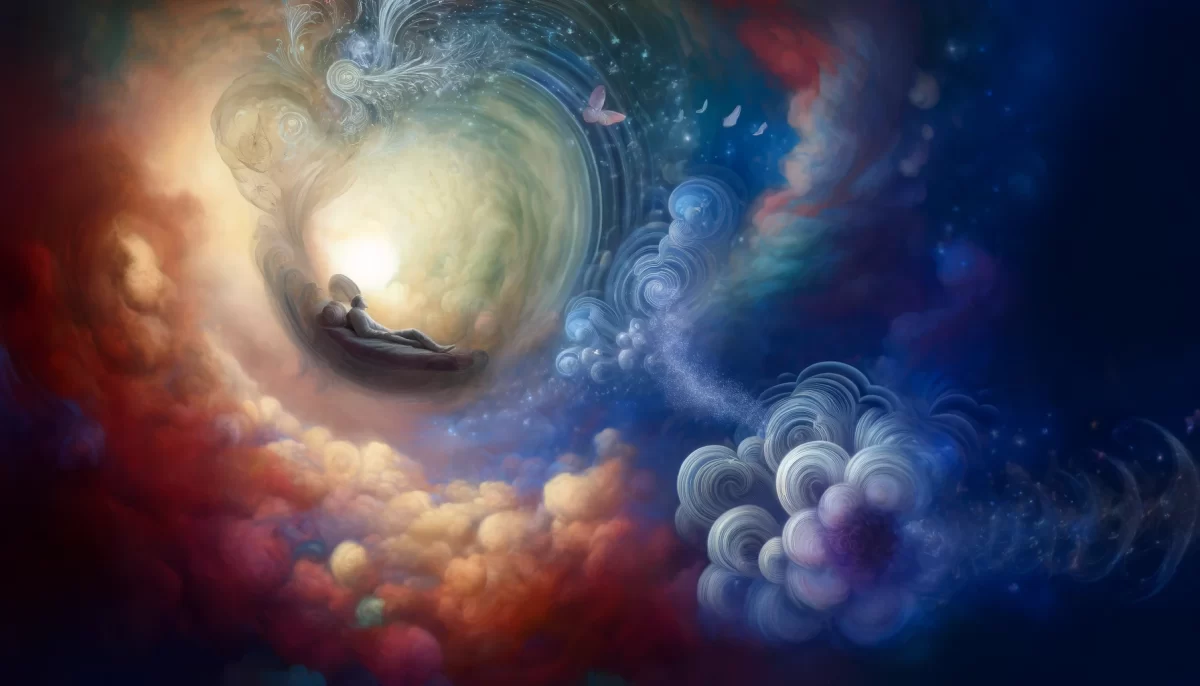
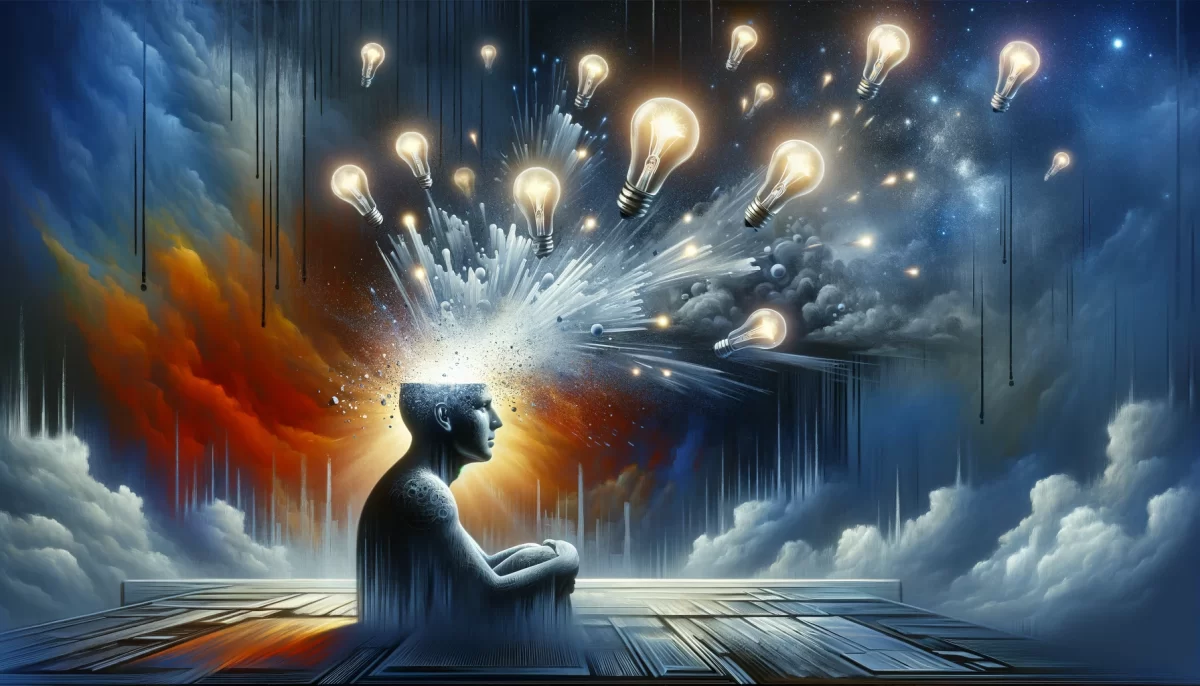
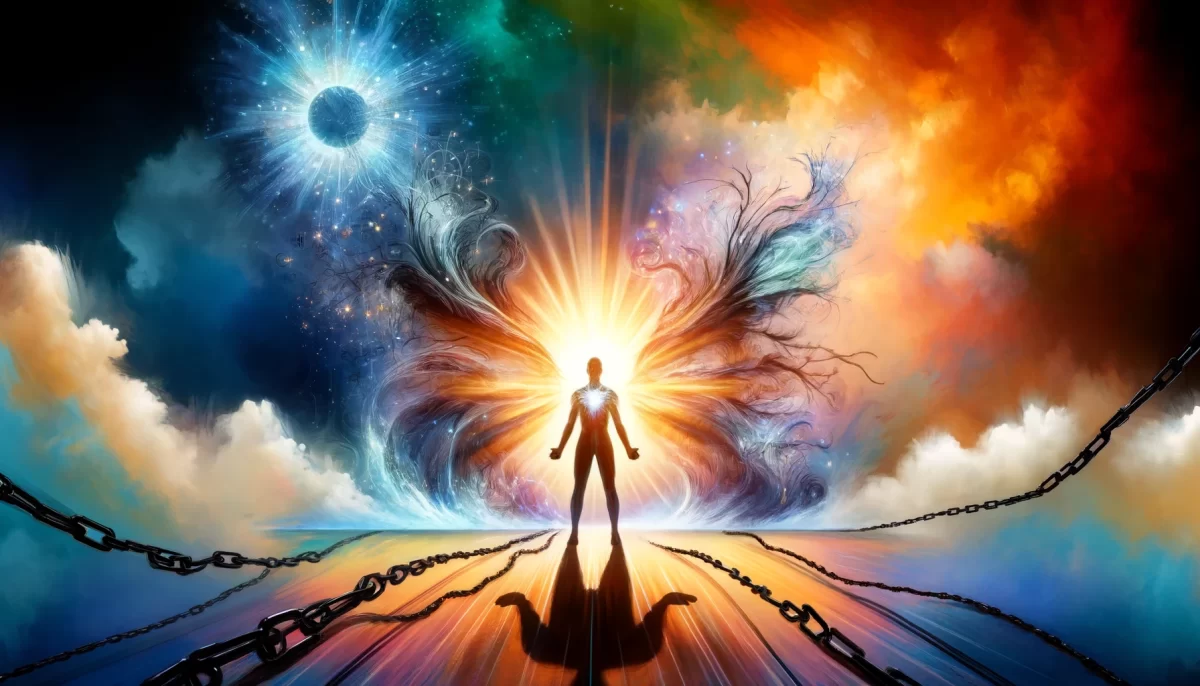
“A Meditation” is a contemplative poem that raises questions about the nature of awareness, identity, and the subjective experience of existence. It invites the reader to reflect on the distinction between the direct experience of something and the perception or appearance of that experience.
The poem poses a series of questions, juxtaposing the act of doing or experiencing with the perception of doing or experiencing. It explores the idea that our awareness and sense of agency may be influenced by our perspective or perception of them. The poem doesn’t provide definitive answers but prompts the reader to consider the possibility that our experiences may be subject to interpretation and that our perception of reality might differ from the ultimate truth.
The questions also touch upon the concept of self and identity. By questioning whether we are truly the ones moving our awareness, bodies, and thoughts, the poem suggests a potential detachment from a fixed and separate sense of self. It encourages the reader to question their assumptions about personal identity and to contemplate the fluidity and transient nature of the self.
Towards the end, the poem raises the question of whether these ponderings truly matter or if they only seem to matter. This question invites the reader to contemplate the significance and impact of such inquiries on their life and understanding of reality.
Overall, “A Meditation” encourages introspection and a contemplative mindset. It challenges fixed notions of self and invites the reader to question the nature of their experiences, perceptions, and choices. The poem fosters a sense of curiosity and open-mindedness towards the mysteries of existence.